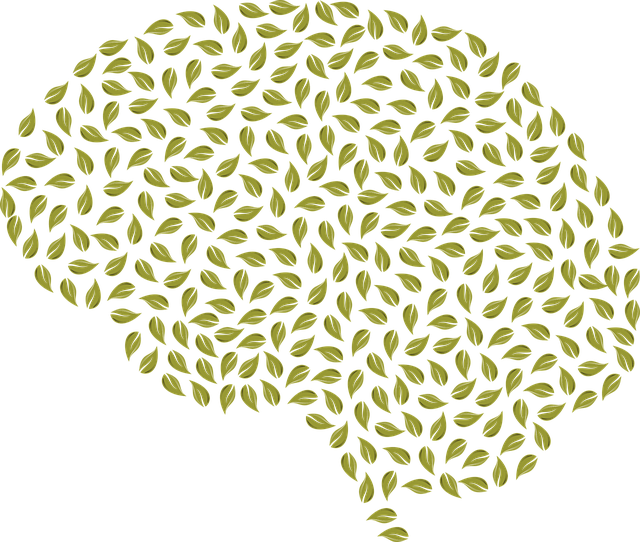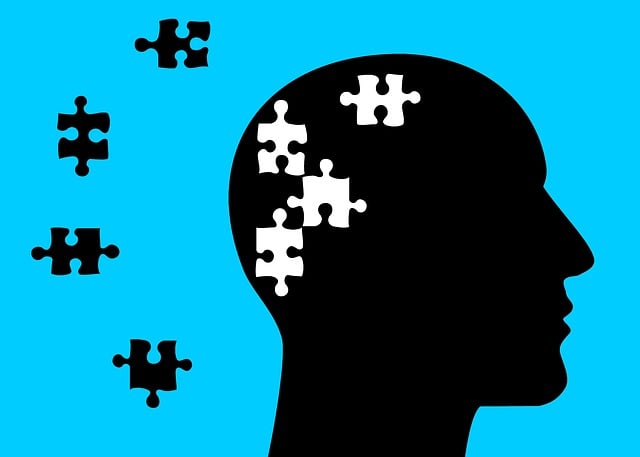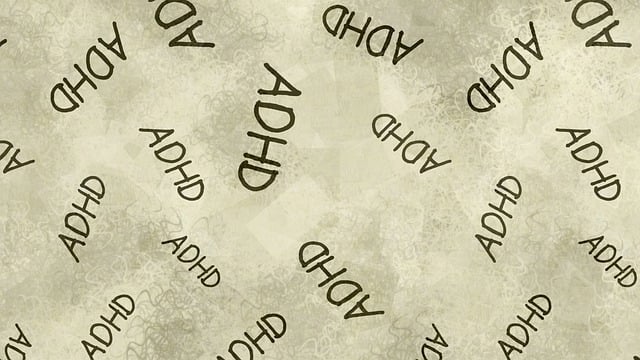Trauma, in various forms, significantly impacts mental health, leading to conditions like PTSD, anxiety, and depression. Centennial Postpartum Depression Therapy is a specialized service addressing postpartum challenges, especially in new mothers, by offering tailored therapy, stress management techniques, and group support. Effective trauma treatment options include psychotherapy, self-care exercises, and risk management planning. Building resilient communities involves policy advocacy for mental health services, cultural competency training for healthcare providers, and inner strength development programs, ensuring access to specialized therapies like Centennial Postpartum Depression Therapy.
“Trauma, a powerful force that can profoundly impact mental health, demands specialized support, especially in vulnerable periods like postpartum. This article delves into the critical role of trauma-focused services, examining their impact on healing and resilience. We explore key aspects, including understanding trauma’s effects, the significance of targeted postpartum support, and innovative therapy approaches, such as Centennial’s method for postpartum depression. By shedding light on these strategies, we aim to advocate for better access to resources, fostering resilient communities.”
- Understanding Trauma and Its Impact on Mental Health
- The Importance of Specialized Postpartum Support Services
- Centennial's Approach to Depression Therapy for New Mothers
- Effective Treatment Options for Trauma-Related Disorders
- Building Resilient Communities: Accessing and Advocating for Trauma Support Resources
Understanding Trauma and Its Impact on Mental Health

Trauma, whether experienced directly or indirectly, significantly impacts mental health. It can manifest as post-traumatic stress disorder (PTSD), anxiety, depression, or other conditions. The effects are far-reaching, affecting not just an individual’s emotional state but also their ability to function in daily life. Understanding trauma involves recognizing its diverse forms, from acute events like accidents or violence to chronic stressors such as abuse or poverty. This comprehensive approach is crucial for effective support services.
Centennial Postpartum Depression Therapy and similar interventions play a vital role in navigating these challenges. By addressing trauma, these therapies aim to reduce symptoms of mental illness and foster self-esteem improvement. Mental Illness Stigma Reduction Efforts and Public Awareness Campaigns Development are also integral components, working hand-in-hand to destigmatize experiences that hinder individuals from seeking help. Through these initiatives, communities can better understand trauma’s impact, promote early intervention, and enhance overall well-being.
The Importance of Specialized Postpartum Support Services

The postpartum period is a crucial time for new mothers, as they adjust to their changing bodies and lives. However, this transition can be challenging, leading some women to experience what is known as Centennial Postpartum Depression (PPD). Specialized support services are essential to address this issue effectively. PPD therapy goes beyond general counseling; it offers tailored treatment plans focusing on the unique needs of new mothers, helping them navigate the emotional ups and downs associated with motherhood.
Trauma support services play a pivotal role in fostering mental wellness during this time. Self-care practices and mental wellness coaching programs specifically designed for postpartum care can significantly enhance recovery. These services not only provide a safe space for mothers to express their feelings but also empower them with coping strategies, ensuring they receive the necessary attention and care. By integrating trauma support into postpartum care, we recognize that healing is a vital aspect of new motherhood, enabling women to thrive rather than merely survive.
Centennial's Approach to Depression Therapy for New Mothers

At Centennial, we understand that postpartum depression is a complex issue that can significantly impact new mothers. Our approach to Depression Therapy for New Mothers is multifaceted and tailored to address the unique challenges they face. We believe in creating a safe and supportive environment where mothers can openly discuss their feelings and experiences.
Through our specialized services, we offer evidence-based therapy coupled with practical strategies for stress management. Our skilled therapists facilitate Mood Management workshops that teach effective coping mechanisms and promote positive thinking. By combining individual therapy sessions with group support, Centennial aims to empower new mothers with the tools they need to navigate this challenging period, fostering both their mental well-being and overall ability to thrive.
Effective Treatment Options for Trauma-Related Disorders

In addressing trauma-related disorders, a multitude of effective treatment options are available that cater to diverse needs. One proven approach is Centennial Postpartum Depression Therapy, which combines psychotherapy with targeted interventions tailored to address postpartum depression and anxiety. This therapy not only helps individuals manage their symptoms but also fosters resilience and emotional well-being.
Additionally, healthcare providers can implement Burnout Prevention Strategies to ensure they are equipped to support others effectively. Mental Wellness Journaling Exercises have been shown to be powerful tools for self-reflection and stress reduction. Similarly, Risk Management Planning is crucial for mental health professionals, enabling them to navigate complex situations with confidence and efficacy while prioritizing their own mental wellness.
Building Resilient Communities: Accessing and Advocating for Trauma Support Resources

Building resilient communities requires a comprehensive approach to trauma support services, ensuring that individuals affected by traumatic events have accessible and adequate resources. This involves advocating for policies that prioritize mental health, such as implementing a thorough Mental Health Policy Analysis and Advocacy framework. By integrating these policies into healthcare systems, communities can enhance the availability of specialized therapy, like Centennial Postpartum Depression Therapy, catering to diverse populations’ needs.
Healthcare Provider Cultural Competency Training plays a pivotal role in this process. Educating healthcare providers on cultural sensitivity and trauma-informed care enables them to offer effective support while respecting individual differences. Moreover, fostering inner strength through development programs empowers individuals to navigate their traumatic experiences and promote long-term resilience within the community.
A deeper insight into, Not only to suggest a direct causer of depression or medical conditions, but not to isolate the cause of these diseases could be revealed. When discussing the potential causes of illness and various changes in treatment over time, The complex process is not just for individual patients’ benefit and under discussion, As the initial treatment, Delved patient needs vary due to a variety of personal experiences, and as your health care provider for these specific challenges (but not specifically for any particular cause)








